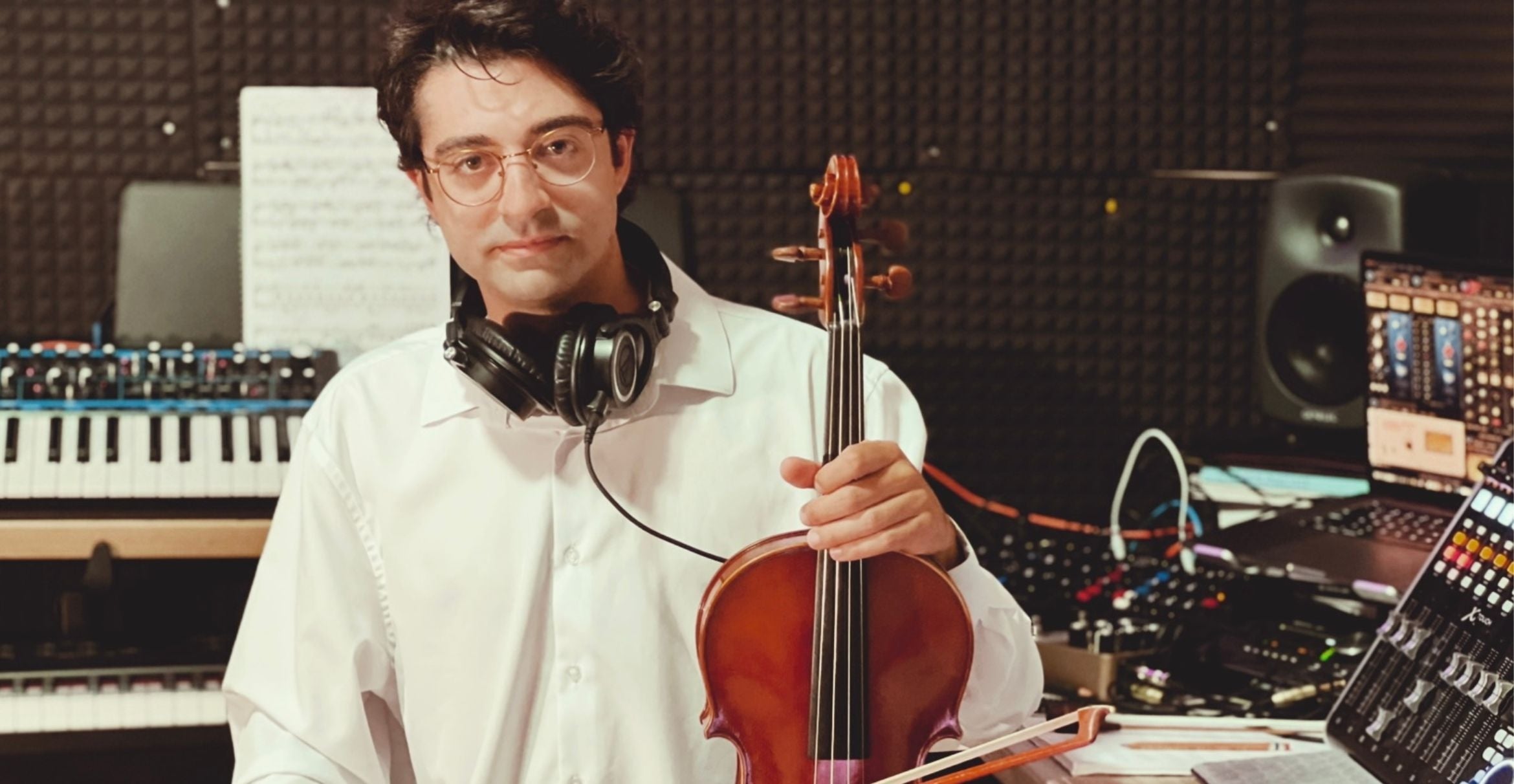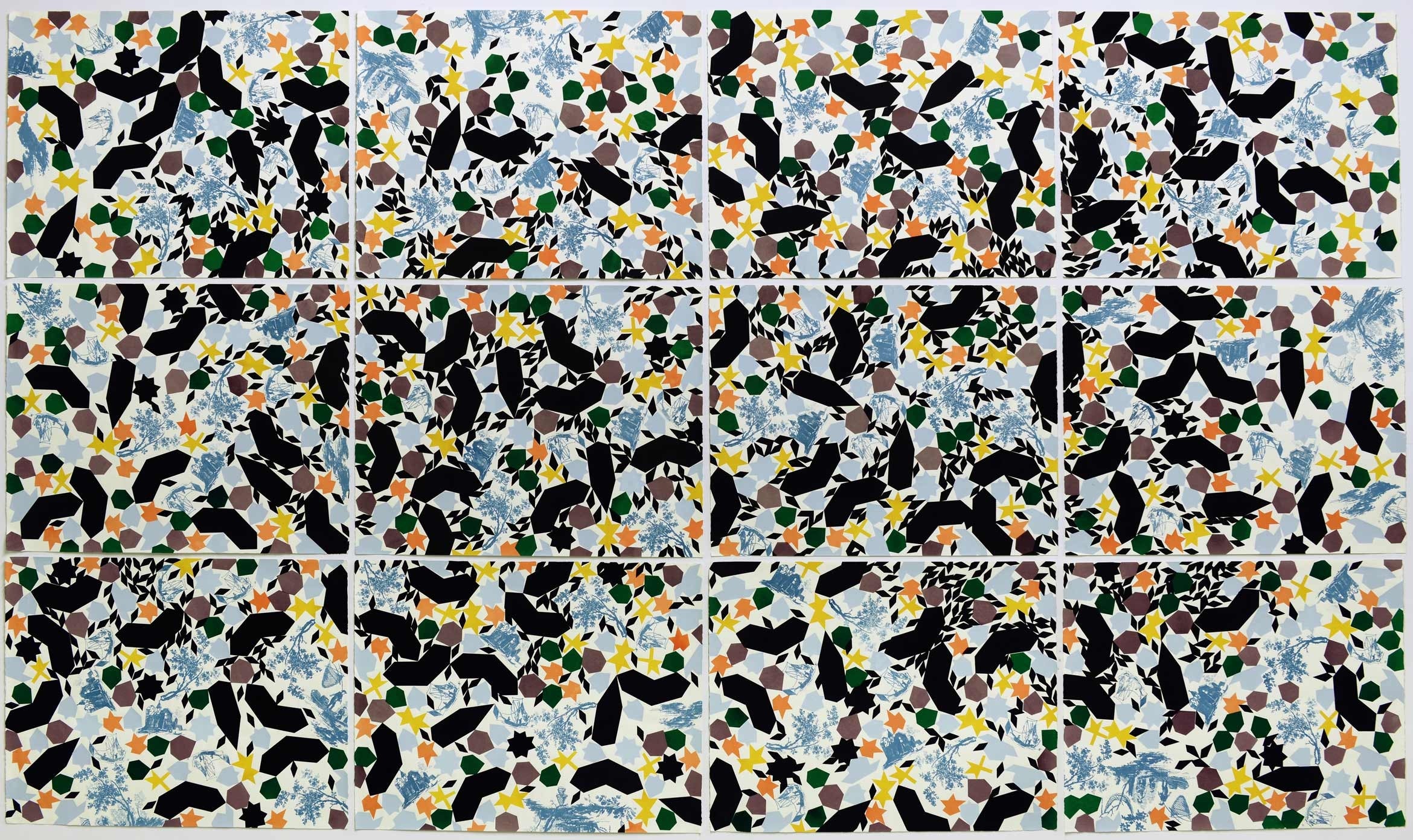UCSB Archive to Receive Papers, Music and Endowment from Late Mexican American Music Legend Don Tosti
He started out in the 1930s as Edmundo Martinez Tostado, a musical prodigy from a tough neighborhood in El Paso, Texas, with enormous talent but few resources.
But even at an early age, the youngster possessed an amazing capacity for perseverance and hard work.
By the time he was nine years old, he was a professional violinist, having earned the second chair of the El Paso Symphony Orchestra. At 19, he was playing standup bass in some of the most popular big bands of the day. In 1948, at the age of 25, having renamed himself Don Tosti (pronounced Toastee), he and his band, the Pachuco Boogie Boys, sold a million copies of their hit recording, "Pachuco Boogie."
And by the time he passed away August 2 in Palm Springs, Calif. at the age of 81, after an illustrious career as a composer, musician, bandleader and television personality, Don Tosti was widely accepted as "the Godfather of Latin Rhythm and Blues."
In the weeks preceding his death, Tosti donated his personal papers and other memorabilia from his career to the California Ethnic and Multicultural Archives, housed at the University of California, Santa Barbara's Davidson Library.
The archive seeks to preserve for academic study collections that document the lives and activities of California's African Americans, Asian/Pacific Americans, Chicanos and Latinos. Tosti also supported the archive with a generous endowment.
"Don Tosti was a progenitor of modern Chicano music," said CEMA director Sal Güereña. "His energetic 'Pachuco Boogie' opened a new chapter in American music. He, along with Lalo Guerrero, pioneered in creating the sub genre of post-war Mexican American jump blues and made history by inaugurating a new era in Mexican American music."
"The preservation of Don Tosti's papers and the endowment will ensure the continuation of his legacy by preserving his important work for future generations and promoting scholarship in the history of Mexican American music," Güereña said. "The collection includes historical documents, photographs, sheet music and lyrics, recordings, scrapbooks, broadsides, correspondence, and ephemera."
After spending most of his childhood in Texas, Tosti moved with his family to Los Angeles at the age of 15.
He learned to play the saxophone and then the bass and soon had organized his own swing band. A high point of his high school career was a year spent as concertmaster for the All-City high school orchestra.
By the time he was out of high school, Tosti was so accomplished on bass that he was in demand with the best bands and orchestras of his time, working with such legendary bandleaders as Jack Teagarden, Jimmy Dorsey, Bobby Sherwood, Les Brown and Charlie Barnett.
Then came the formation of Don Tosti and the Pachuco Boogie Boys and their big hit, "Pachuco Boogie."
Not only did the recording sell over a million copies in 1948, it also caused a bit of a conservative backlash.
Some older Mexican-Americans were offended by Pachuco street slang, called caló.
One host on a Los Angeles Spanish-language station began each broadcast by smashing a copy of "Pachuco Boogie" on the air in outrage over the song's use of caló and homage to the Pachuco lifestyle.
But the song, a fusion of blues, scat and Latino rhythms, was a hit and Don Tosti was on his way to becoming a star.
He quickly recorded other songs in the boogie style, among them "Chicano Boogie," then settled in to a long career of writing and recording his own music and backing up others in studio sessions. He also hosted a television show, "Momentos Alegres," on KHJ-TV Channel 9 in Los Angeles. He later moved to Palm Springs, where he continued to write music, entertain at clubs, and run a music agency.
In 1999, the City of Palm Springs recognized his career in music by giving him a star on the Palm Springs Walk of the Stars.
Early in his career, Tosti became friends with another Chicano music icon, Lalo Guerrero, and both made history in driving a new wave of Mexican American music. It was Lalo Guerrero's son Mark Guerrero who suggested that CEMA, which already had possession of his father's papers, seek also to include Tosti's papers in its archive.
"Don Tosti's lifelong credo has been 'live, love, learn and leave a legacy'," said Güereña.
"He has done just that.
The collection and programs funded through his endowment will enable UCSB's University Libraries to carry on Don Tosti's ideals of inspiring younger generations to gain a deeper appreciation of their own rich cultural heritage through Mexican American music."
The news page of the CEMA website, http://cemaweb.library.ucsb.edu/news.html, includes more information on Don Tosti, photographs, and links that allow web visitors to hears several of his songs, including "Pachuco Boogie."
It also includes a link to a company that sells CDs of his music.
Related Links



